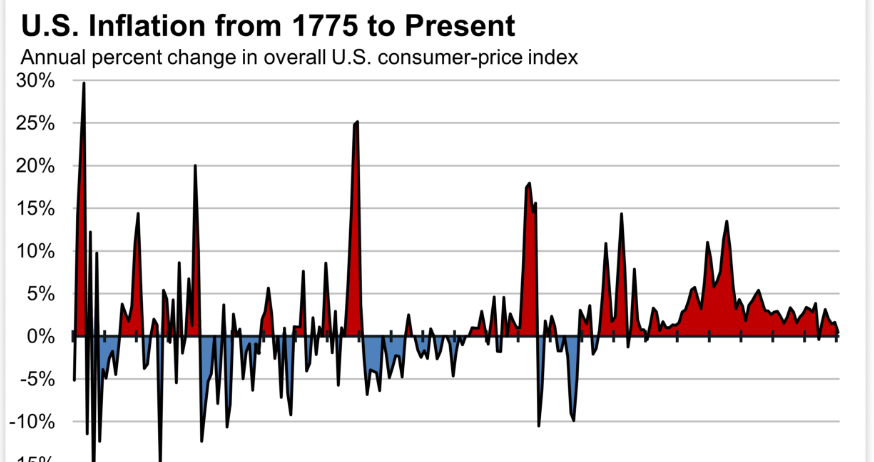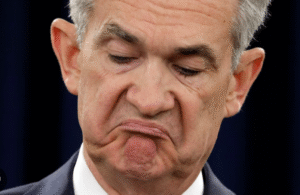$SPY $DXY $QQQ
#USEconomy #Inflation #GDP #Recession #FederalReserve #StockMarket #InterestRates #ConsumerSpending #EconomicGrowth #Houthi #Meta #Investing
Economists are forecasting a slowdown in US economic growth alongside rising inflation, raising concerns about potential stagnation as markets navigate an increasingly uncertain landscape. A combination of tighter Federal Reserve policy, cooling consumer demand, and persistent geopolitical instability is weighing on investor sentiment. Recent economic data suggests that after a strong post-pandemic recovery, the US is now facing headwinds that could limit growth while keeping inflation above the Fed’s long-term target. With the labor market beginning to show signs of slackening and consumer spending slowing, analysts anticipate weaker GDP growth into the second half of the year. Meanwhile, persistent cost pressures in energy and housing are driving inflation back up, complicating the central bank’s path forward.
Financial markets have reacted cautiously to these economic signals, with major indices experiencing volatility as investors assess the implications. The S&P 500 ($SPY) has fluctuated as traders weigh corporate earnings against macroeconomic uncertainties, while the US Dollar Index ($DXY) has remained resilient in response to global demand for safe-haven assets. At the same time, concerns about inflation have led to upward pressure on Treasury yields, influencing sectors sensitive to interest rate movements. Market participants are closely monitoring Federal Reserve commentary for potential shifts in policy, as the central bank balances the risks of renewed inflation against the potential for economic contraction.
In global developments, the United States has intensified its campaign against Yemen’s Houthi movement, escalating tensions in the Middle East. The US military’s continued strikes on Houthi targets are aimed at countering disruptions to critical shipping lanes, but the strategy carries potential risks for broader regional stability. Any escalation in military conflict could have ripple effects on global supply chains and energy markets, particularly if major shipping routes are impacted. Oil prices have remained sensitive to geopolitical developments, with traders factoring in potential supply disruptions that could exacerbate inflationary pressures in energy-dependent economies.
Meanwhile, within the corporate sector, Meta Platforms has been undergoing a subtle but noticeable political shift, with decision-making increasingly aligning with right-leaning perspectives. This transition has been scrutinized by investors and political analysts alike, as regulatory scrutiny on big tech remains a key focus. The company’s positioning may influence its relationship with policymakers while shaping broader industry trends related to content moderation and user engagement. As Meta continues to navigate both regulatory risks and competitive pressures in the social media and AI space, its strategic decisions could have significant implications for shareholder value and long-term growth prospects.











Comments are closed.